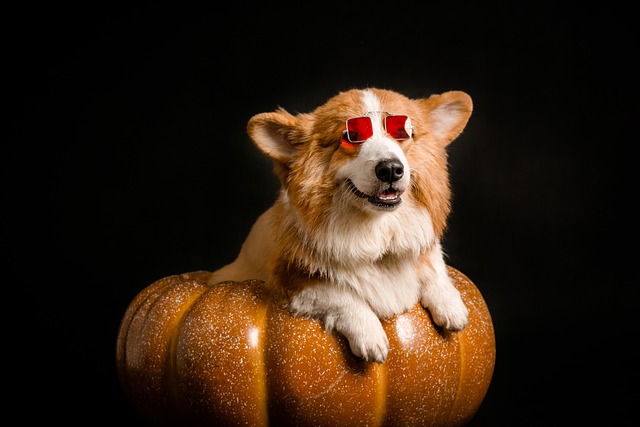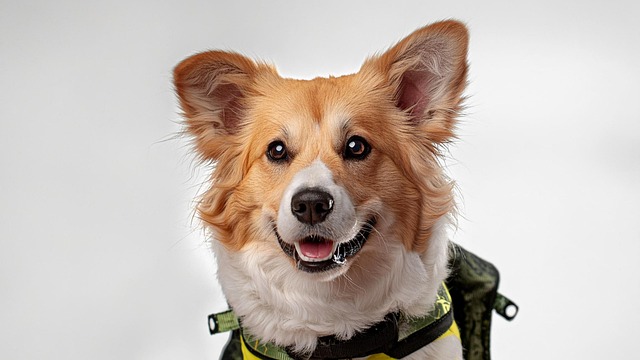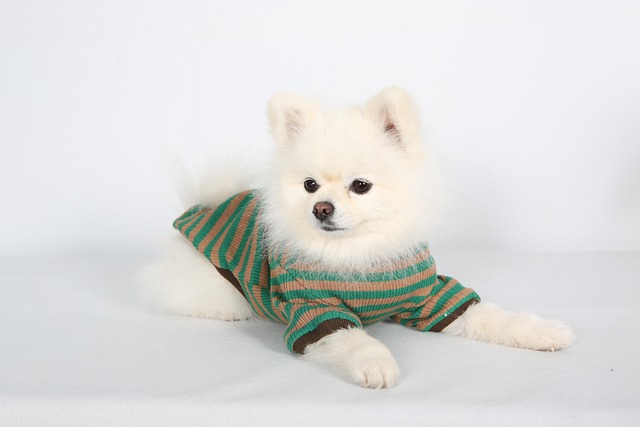
What vitamin is good for dogs' skin
Seeing your dog constantly scratch or noticing dry, flaky skin can make you wonder if a simple vitamin might be the solution.
That low, rumbling sound from your Rottweiler can stop you in your tracks. It’s not just noise—those vibrations carry a message, and decoding it matters more than you might think. Rotties have a way of communicating with their whole bodies, but growls are their most direct voice.
Maybe it started when you reached for their food bowl. Or perhaps they rumbled when you moved their favorite blanket. These moments aren’t about aggression—they’re often cries for understanding. Your Rottie might be telling you they feel cornered, scared, or protective of something they value. Remember, even the gentlest dogs have boundaries, and Rotties, with their strong loyal streak, take those boundaries seriously.
Context is everything. A growl during play is different from one when they’re resting. Playful growls are usually higher-pitched, paired with a wagging tail and soft eyes. But a growl while they’re lying on their bed, ears flattened, is a clear “give me space.” Ignoring that can turn a warning into something worse, which no one wants—not you, not your pup, and certainly not local authorities who care about responsible pet ownership.
 It’s important to respond without punishment. Yelling or hitting can make them feel more threatened, and in many places, using fear-based training methods raises red flags. Instead, take a step back. Give them space and let them calm down. Then, think about what triggered it. Did you invade their personal zone? Were they in pain? Understanding the “why” helps prevent future incidents.
It’s important to respond without punishment. Yelling or hitting can make them feel more threatened, and in many places, using fear-based training methods raises red flags. Instead, take a step back. Give them space and let them calm down. Then, think about what triggered it. Did you invade their personal zone? Were they in pain? Understanding the “why” helps prevent future incidents.
Consistency in training goes a long way. Rotties thrive on routine and clear expectations. Teaching them basic commands like “leave it” or “go to your bed” gives them structure, reducing moments of frustration that lead to growling. Many communities offer positive reinforcement classes, which aren’t just good for behavior—they’re a chance to bond, strengthening the trust between you.
If the growling becomes frequent or seems unprovoked, it’s time to check in with a vet. Pain from arthritis or an injury can make even the sweetest dogs irritable. A professional can rule out physical issues, and if it’s behavioral, they might suggest a certified trainer who specializes in large breeds. Getting help early isn’t a sign of failure; it’s part of being a responsible owner.
Remember, Rottweilers have a reputation to uphold, and that means extra care in how they’re perceived. Neighbors, passersby, and local laws all pay attention to how large breeds behave. A well-understood growl—one that’s addressed with patience—keeps everyone safer. It shows you’re attuned to your dog’s needs, which matters in any community.
Those deep, throaty sounds don’t have to be scary. They’re your Rottie’s way of talking to you, of saying “I need you to understand.” Listening, respecting their boundaries, and seeking help when needed turns those growls into opportunities to grow closer. After all, a Rottie who feels heard is a happy, calm companion—exactly the kind you want by your side.

Seeing your dog constantly scratch or noticing dry, flaky skin can make you wonder if a simple vitamin might be the solution.

If you’re a new dog parent in the US—maybe you’re sitting on your Portland apartment couch, staring at your 1-year-old Australian Shepherd

If you’re a new dog parent in the US—maybe you’re sitting on your Atlanta apartment floor, holding your 6-week-old Beagle puppy, Daisy, who’s curled up in your lap

If you’re a new dog parent in the US—maybe you’re standing in your Denver apartment’s kitchen, staring at a bag of high-quality puppy kibble and a bottle

Seeing your puppy grow daily is amazing, and it’s natural to want to give them every advantage, including supplements.

Brown stains on white dog fur aren’t just unsightly—they can also hint at underlying issues like tear duct irritation or poor grooming habits, which matter even more when you’re following local pet care laws.